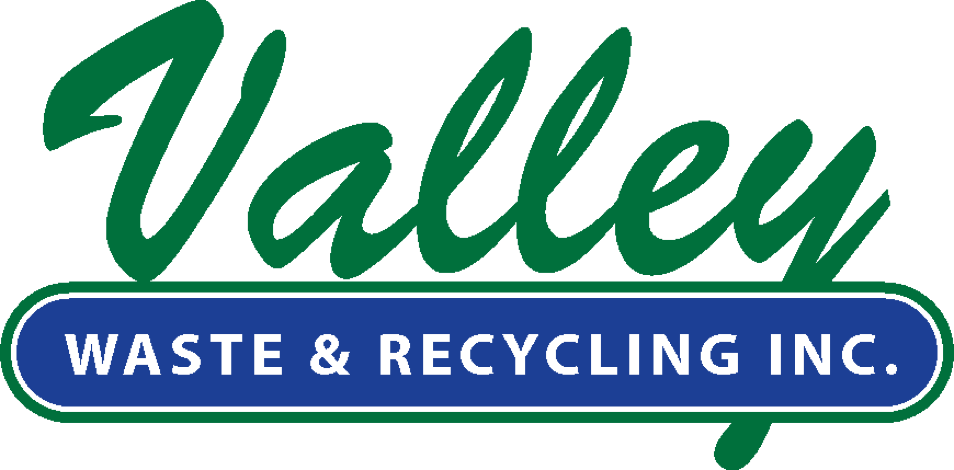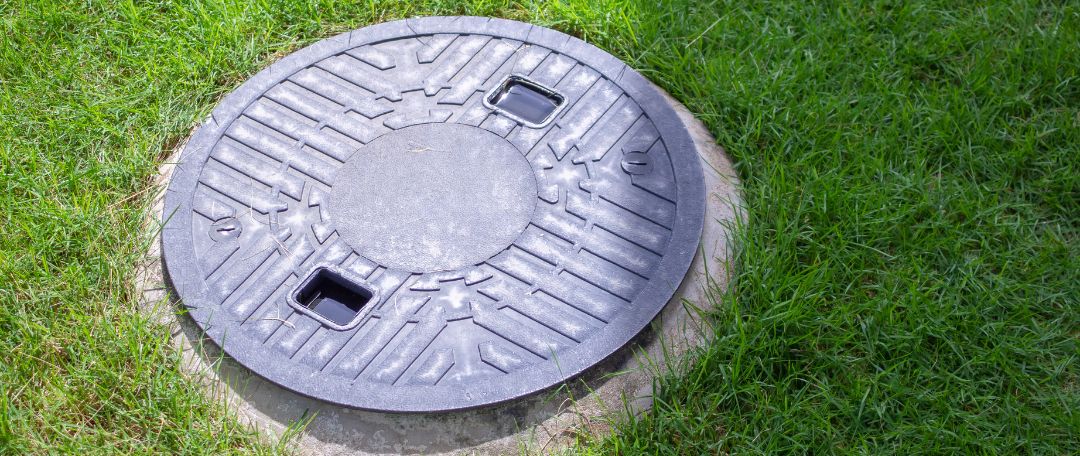Septic systems are underground wastewater treatment structures, often used in rural areas without access to centralized sewer systems. These systems use a combination of nature and technology to treat wastewater produced by bathrooms, kitchen drains, and laundry. Typically, a septic system lives in a homeowner’s yard, so knowing which system you have—or should get!-might require a little research.
Here are three main types of systems, along with some details on how (and where) they work:
Fields and Mounds
While actually two distinct systems, for our purposes fields and mounds may be grouped together as they operate in essentially the same manner. Field septic systems are typically flat and lay at or below the surface. Many refer to fields as a “conventional system,” meaning the home discharges effluent into a standard two-chamber septic tank. Solids settle in the first chamber and a clarified liquid passes to the second chamber, where it is pushed by pump or gravity to final treatment in the soil. Field systems tend to last between 20-25 years.
Mounds are almost the exact same, with the key difference being they sit slightly above the surface where the final treatment occurs. Their lifespan is usually around 15-20 years.
Both field and mound systems are ideal when the permeability of the soil is too slow or too fast, you have a high water table or you have limited soil cover over porous bedrock.
Sand Filters
Sand filters are a form of secondary/advanced treatment, designed to produce a higher quality effluent which can be discharged to a smaller field, smaller mound, or an at-grade for final treatment. That’s the good news. The bad news is these systems usually have a shorter lifespan, around 8-10 years, due to the sand filter getting clogged with organics and biomat. That clogging can require replacement or re-bedding by the installer, which can be expensive.
A sand filter septic system is a good option for wastewater treatment issues in any areas that have insufficient soil or high groundwater.
At-Grades
At-grades are the newest and possibly the most popular current septic system construction. At-grades are usually constructed on the surface of the property and covered with wood chip cover, leaf mold or peat moss to blend in with its surroundings. These systems always require advanced treatment to create a very high-quality effluent that is safe to be reintroduced to the environment. However, at-grade systems are not allowed in all BC jurisdictions and may require a variance for installation.
At-grades are ideal where forested property needs to be preserved. Maintenance operations for an at-grade system consists of regularly pumping the septic tank (we recommend once every 3-4 years), and maintaining the electro-mechanical components and caring for the soil cover over the disposal field to prevent surface water from breaching or ponding upon the system.
Making the Right Decision
Knowing which system your home has is crucial to its maintenance and inspection. And if you’re starting from scratch, picking the right system for your home is a big decision. If you are unsure on either option, you should consult an expert as the wrong choice could prove costly—both to your wallet and the environment. Don’t hesitate to get in touch with our team at Valley Waste & Recycling with any questions!


